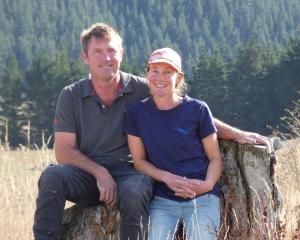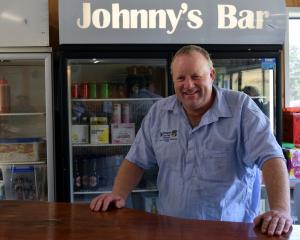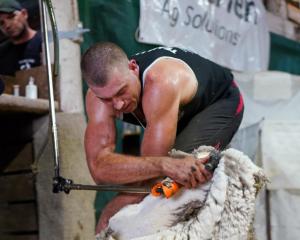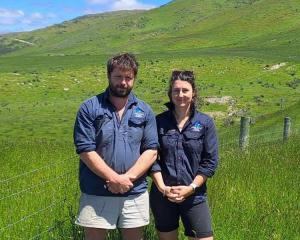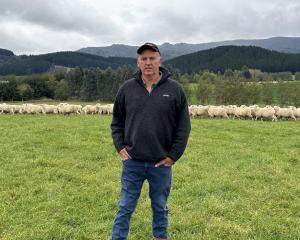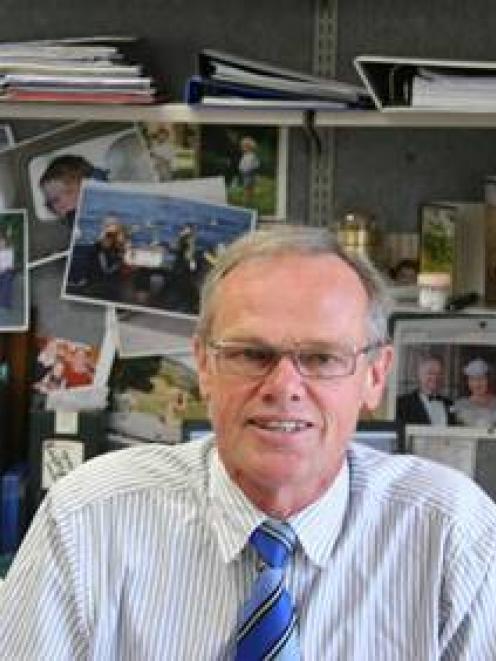
A recent survey of New Zealand Veterinary Association members indicated a shortfall of 224 vets over 124 practices.
Vets were being sought across all types of practices including large animal, mixed, companion, equine and specialist fields.
Following lobbying and media coverage, Immigration Minister Kris Faafoi last month announced exceptions for up to 30 vets to be able to enter the country.
Mr Laming, of the Veterinary Centre Ltd, which has six veterinary centres, said the younger generation tended to work for three or four years, get some experience and then head on their OE.
Conversely, overseas vets — from England, Australia and Canada, in the Veterinary Centre’s case — had been available for rural vet positions in New Zealand.
Sometimes that was for short-term locums, but some also for three or four years.
Border restrictions had shut that option.
"With the borders shut ... it has become far more critical trying to fill those positions, especially in more remote branches," Mr Laming said.
Veterinary involvement within the rural community had changed dramatically in the last decade and vets now needed skills in much broader fields.
Only a small part of a rural vet’s work was "ambulance" work; much more work, requiring a broader range of experience, was in consultancy fields.
That included nutrition and its effect on animal health, genetics and breeding, maintaining and promoting animal welfare standards, improving herd production and reproduction, disease surveillance, awareness of environmental effects, compliance, minimising the use of antibiotics in agriculture by being proactive with animal health, and new technology.
That all placed a lot more pressure on experienced vets who were now working very long hours and on rostered emergency duties after hours.
"In terms of our practice, absolutely the workload placed on the senior vets now is such that it is pretty tough on their families. They are stretched."
"Our senior vets are working big hours and would gladly welcome another two or three experienced vets on to the team."
Fewer students coming through veterinary school at Massey University came from rural backgrounds so there were fewer New Zealand graduates looking to go into large animal practice.
While the rural vets bonding scheme had helped fill the gap, demand for vets in rural practice "dramatically" outstripped the supply available.
Such a shortage of professionals was "pretty profound," Mr Laming said.




